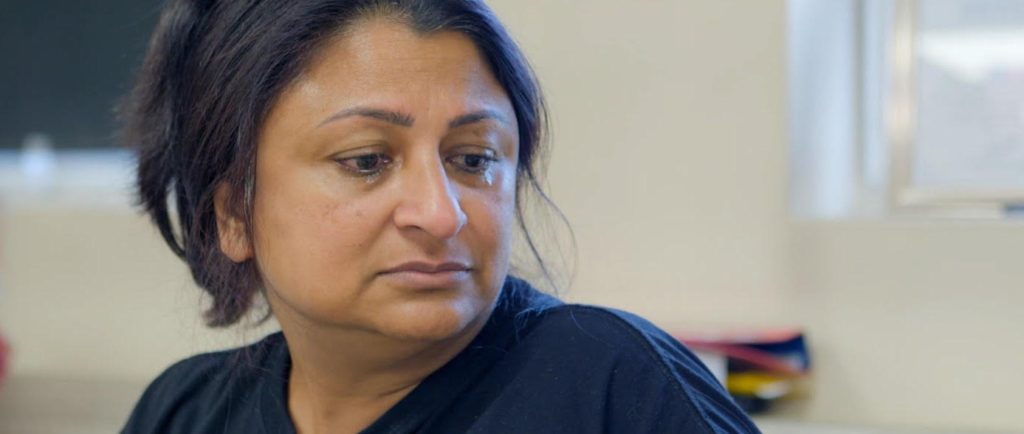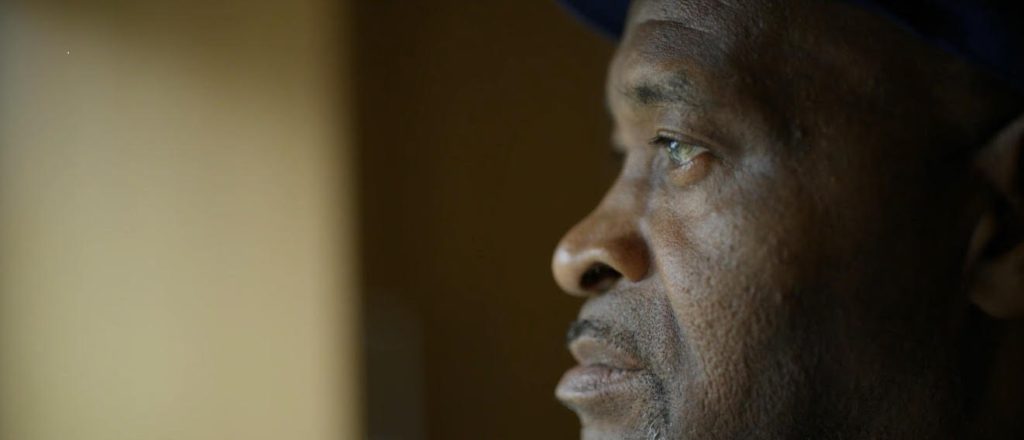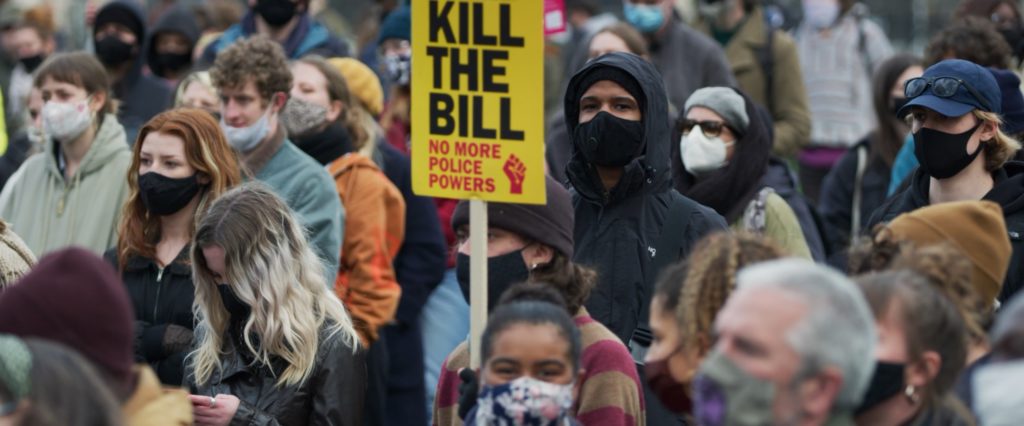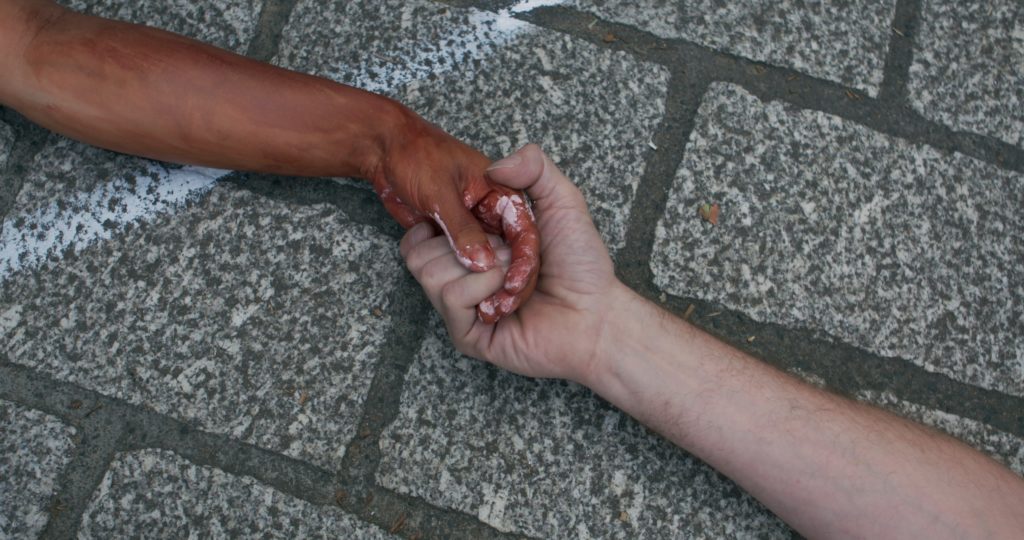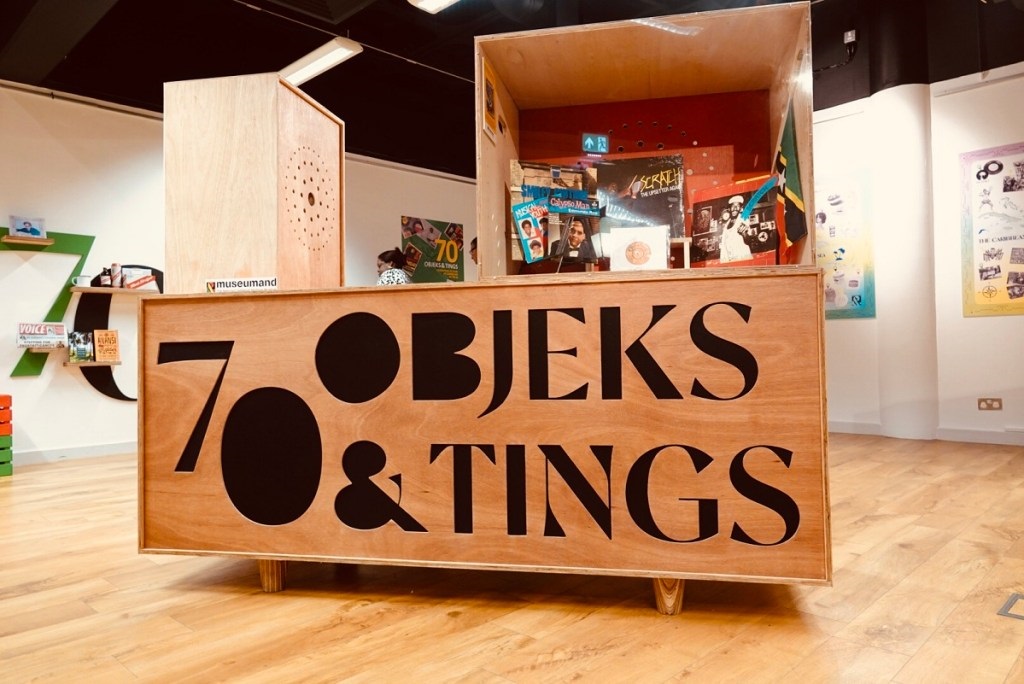
70 OBJEKS & Tings, a celebration of 75 years of Caribbean culture, will showcase 70 items that connect us to the Windrush Generation at York Castle Museum from June 19 to November 1.
Billed as an “extraordinary exhibition of the ordinary”, it will feature objects that combine familiarity and practicality and have been passed down the generations.
The “small but powerful” show is being brought to York by Museumand, the National Caribbean Heritage Museum, founded by mother-and-daughter team Catherine Ross and Lynda Burrell.
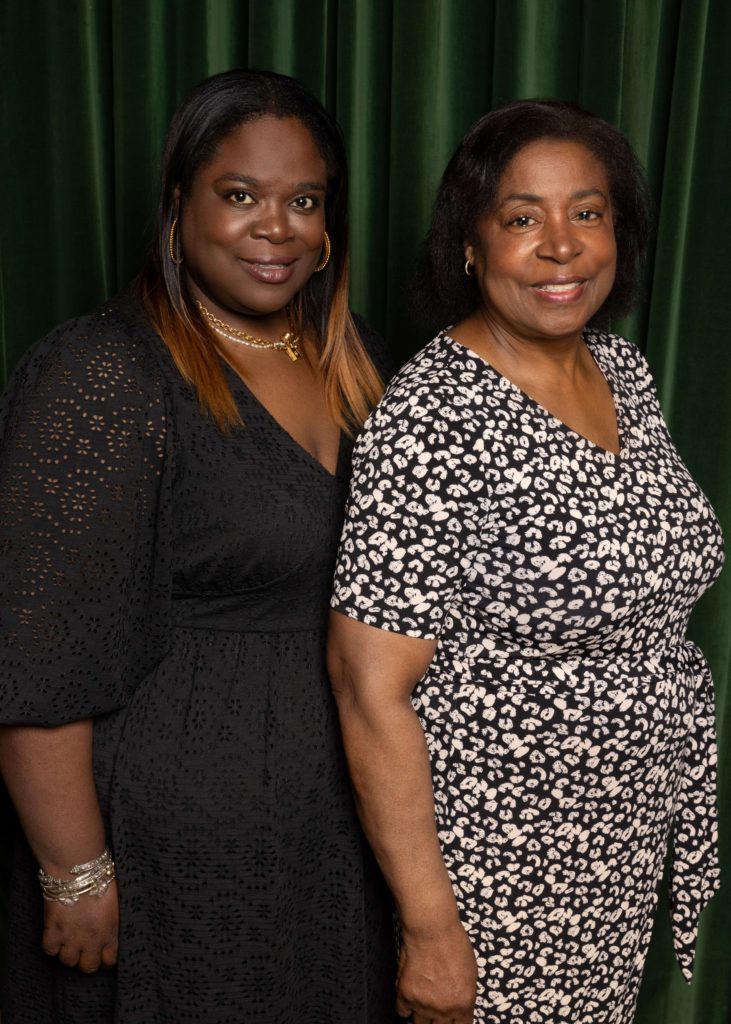
These inspiring women have created this unique travelling exhibition as a fun and informative way to share more about the Windrush Generation and their descendants.
70 Objeks & Tings will be a chance to explore their experiences and lives through cooking and household goods, food packaging and beauty supplies, funeral items, music, games, books, newspapers and more.
The exhibition will be accompanied by a hardback book by Catherine and Lynda, available in the York Castle Museum shop, and a podcast too.
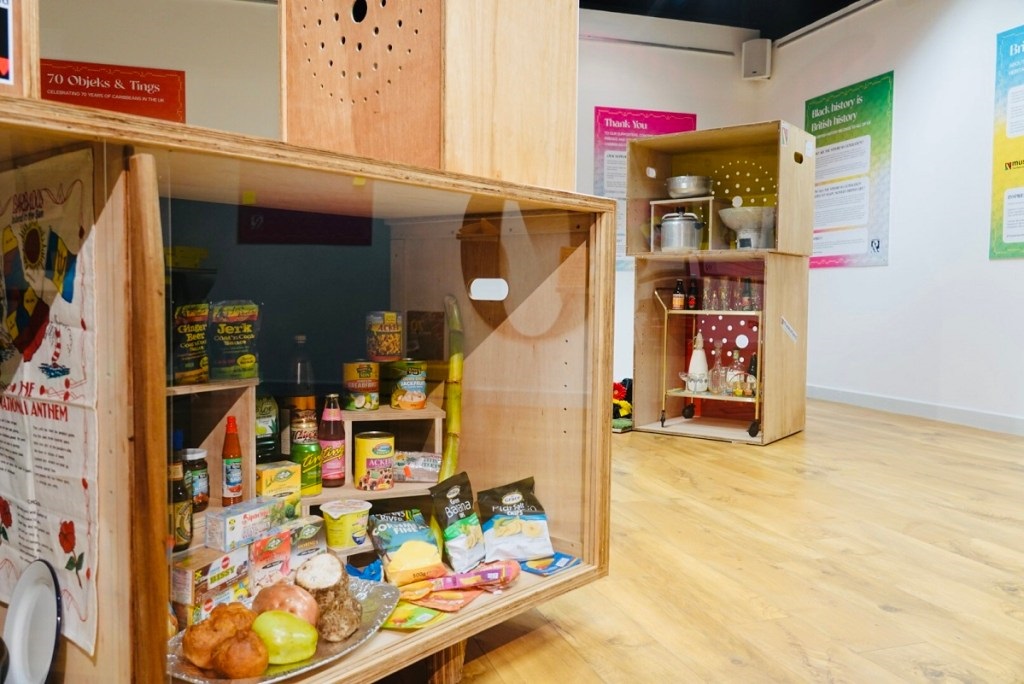
Catherine Ross, Museumand’s founder director, says: “We are so elated to bring 70 Objeks & Tings to York. As aspects of Caribbean culture are so entwined with British culture and Yorkshire’s cultural traditions especially, this leg of our tour across the UK is particularly exciting for us.
“We hope to eke out more stories from people of the Caribbean diaspora and others that know about the islands and their peoples. Together, with York Museums Trust, we hope from our time in York, we will be able to add new stories and information from people of the Caribbean diaspora in York and the surrounding areas to the growing archive of the Caribbean presence and contribution to British life.”
Philip Newton, community participation manager at York Museums Trust, says: “What an insight into the lives of this generation this exhibition gives us. Little pieces of the Caribbean, which arrived on the landing of SS Empire Windrush at Tilbury Docks on June 22 1948, carrying passengers from the Caribbean who had been invited by Britain to help with post-war construction.
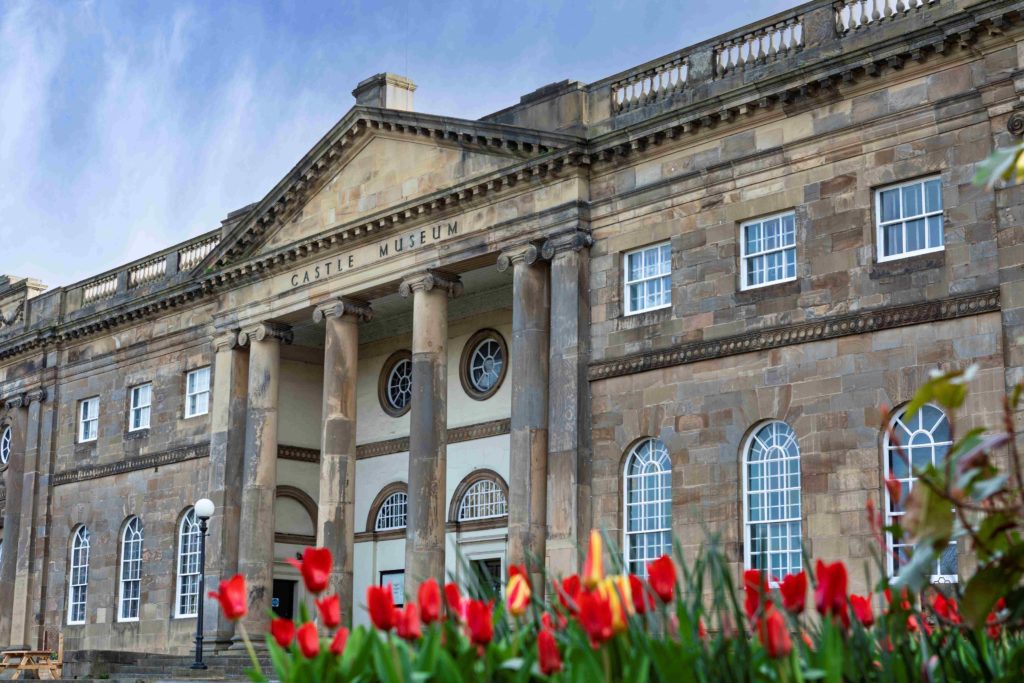
“These items continued to play a part in the new lives that this generation embarked upon, passing them down to their children and incorporating into British identity too. The title, and interpretation, has a nod to patois, a traditional form of language for many Caribbeans, with ‘objeks and tings’ referring to the things that Caribbeans, especially those of the Windrush Generation, hold dear and are important to them.
“We are really proud to collaborate with Museumand and delighted to bring this gem of an exhibition to York Castle Museum, where its ethos and inspiration fits well within our displays.”
70 Objeks & Tings will run at York Castle Museum, Eye of York, York, from June 19 to November 4. Opening hours: Monday, 11am to 5pm; Tuesday to Sunday, 10am to 5pm. Tickets: yorkcastlemuseum.org.uk

